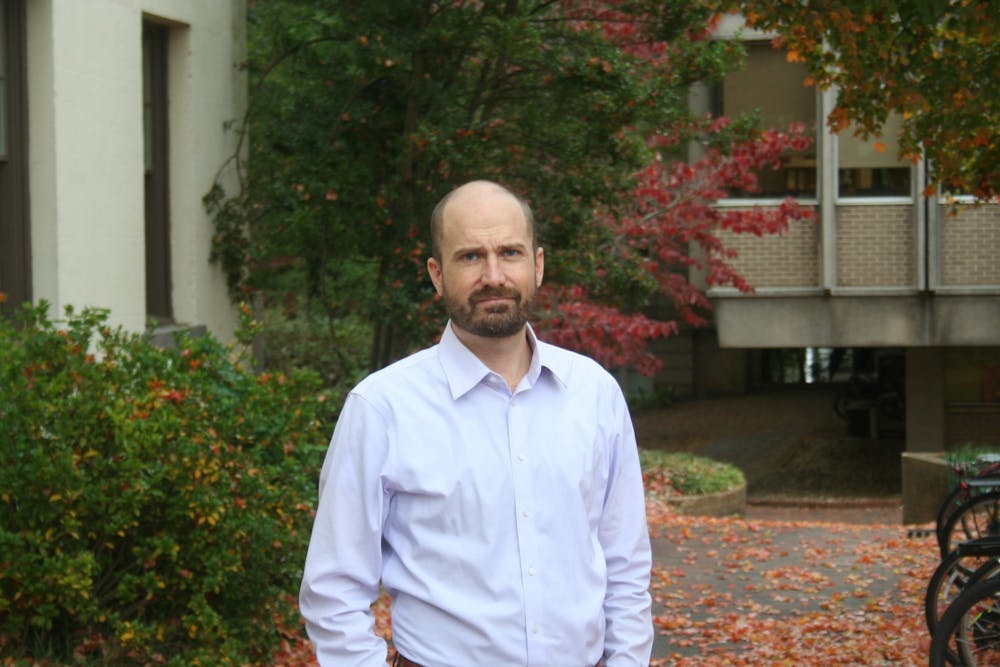The seventh session of the Race, Racism, & Racial Equity (R3) Symposium will be held virtually on Thursday, Nov. 3 at 12 p.m. This semester's symposium focuses on “Highlighting Participatory Justice Scholarship: Working to Advance Racial Equity."
The R3 Symposium was originally planned to be an all-day, in-person event in April 2020, but as the world shifted to online, the symposium was forced to do the same. Due to the pandemic, the one-day event transformed into multiple sessions that have been held over the past two years.
“The whole series is highlighting research that in some way is working to advance racial justice,” Allison De Marco, R3 co-convener, said.
De Marco said she appreciates the shift to a virtual platform, as it allows the event to be more inclusive and involve a wider variety of perspectives.
This session will focus on participatory justice and what that looks like in various communities. Participatory justice is the importance of participation in the decision-making process from individuals most impacted by a certain decision or outcome.
“I think of it (participatory justice) as giving folks that are closest to the issue the primary voice in coming up with solutions,” De Marco said.
The panel includes Iheoma U. Iruka, Andrew H. Whittemore and Ariana Ávila, among other guests. Each panelist will have time to discuss the specifics of their individual research and its implications.
Iruka’s research focuses on centering the voices of Black parents and how communities can work collectively to fight issues surrounding racism. Her research aims to ensure that these issues are not only being discussed but also actively worked against.
“What are we really doing to try to activate the change?” Iruka said. “Whether in local governments or communities, how are we actually doing this work?”



